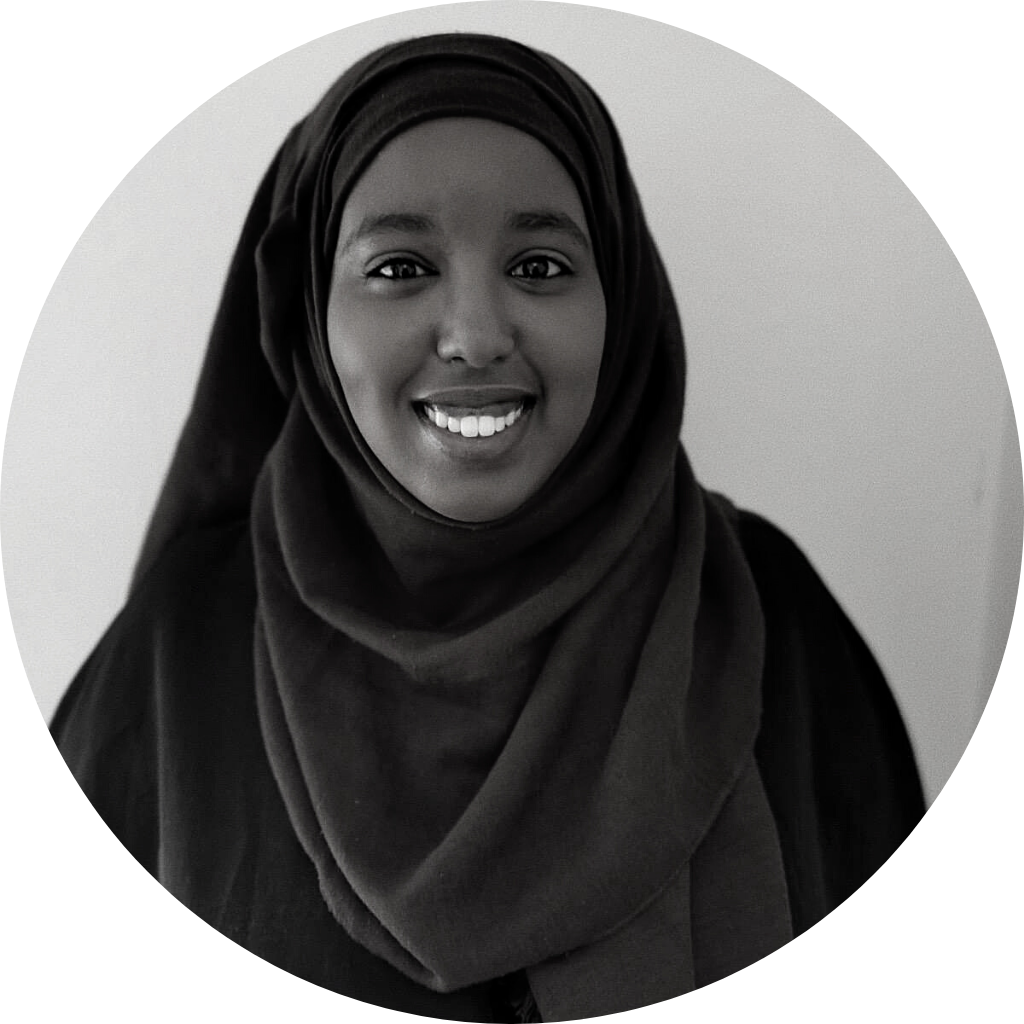World Health Day 2021: Inequalities in mental health is a systemic issue and should be addressed at its core

Brussels, Wednesday 7th April 2021 – World Health Day 2021 focuses on the urgent need to build a fairer and healthier world. On this day, Mental Health Europe calls for better mental health promotion, prevention, and services. At the same time, we urge the EU and member states to recognise and address the fundamental flaws preventing Europe from achieving an equitable healthcare system: one where vulnerable groups, including those with psychosocial disabilities, can access care tailored to their needs. These persisting challenges must be addressed more than ever while the pandemic continues to leave its marks on each of us.
The disproportionate impact of COVID‐19
COVID-19 has disproportionately affected those in already vulnerable situations, including people with psychosocial disabilities. The right to health and access to healthcare is a basic human right; nevertheless, COVID-19 has laid bare the existing inequalities.
Disparities in the healthcare system is a systemic issue
Ethnic minorities, women and girls, people with disabilities, LGBTI, undocumented people and those with difficult socio-economic realities are just a few examples of groups that are more likely to bear unequal burden of morbidity and mortality. From lack of information to inaccessible standards of mental health support, discrimination is upheld and maintained at a structural level, preventing vulnerable groups from receiving adequate care.
Inadequate access to mental health care
The pandemic has also unmasked the substantial disparities in access to mental health care. People with psychosocial disabilities commonly have a hard time accessing adequate support services, further worsened by the pandemic. Lack of trust within communities towards mental health care is attributed to wider issues in accessing support, including poor patient experiences, social stigma around mental health, financial factors, language barriers, and worry of being subject to coercive treatment. This results in marginalised groups being less likely to seek help or be signposted to services. Delays in early intervention can also prompt increased cases of preventable yet serious mental and wider health outcomes.
“Without urgent action around mental health care, the demand for psychosocial support will inevitably upsurge. This, in turn, will contribute to an increase in the 84 million with mental ill-health across the European Union alone. The pandemic will continue to have an immense but unequal toll. Vulnerable groups, including people with psychosocial disabilities, will pay the highest price. We cannot wait for another pandemic to apply the lessons learned. Only proactive response can prevent healthcare systems from being further overburdened and collapsing,” said Liuska Sanna, Acting Director of Mental Health Europe.
This unprecedented time emphasised the urgency of accessible, adequate, and affordable mental health care. It is also evident that the need for such care is deemed as important and interconnected with physical health. Without applying an intersectional approach, it is not possible to build a more equal and equitable healthcare system, nor a fairer and healthier world. Mental Health Europe calls on European, national and local authorities to:
- Ensure that all individuals are able to access information and quality health services, when and where they need them;
- Move towards human rights compliant and equitable mental health care. This includes achieving a European shift towards a psychosocial approach to mental health rather than biomedical;
- Invest in activities on increasing mental health literacy, including for all public officials;
- Resolve the mismanagement of the pandemic by bridging the gap in trust between individuals, communities, and mental health services;
- Urgently adopt comprehensive long-term strategies to mitigate the health and socio-economic consequences of the current crisis on people with psychosocial disabilities.
###
About Mental Health Europe
Mental Health Europe (MHE) is the largest European non-governmental network organisation committed to the promotion of positive mental health and wellbeing. We advocate for the improvement of care, social inclusion and the protection of the rights of (ex)users of mental health services, persons with psychosocial disabilities, their families and carers. We raise awareness to end mental health stigma and discrimination.
Learn more about MHE from this video. Follow Mental Health Europe on social media. We are on Twitter, Facebook, LinkedIn and Instagram.
Stay connected
Get our latest news, personal stories, research articles, and job opportunities.

